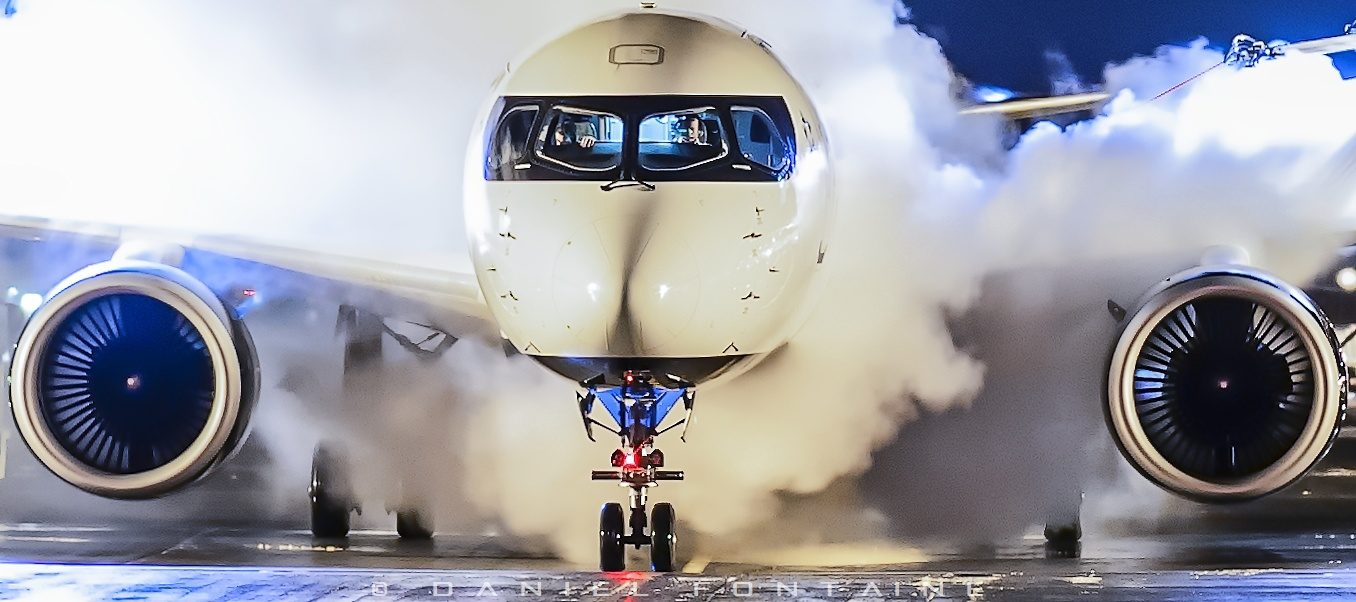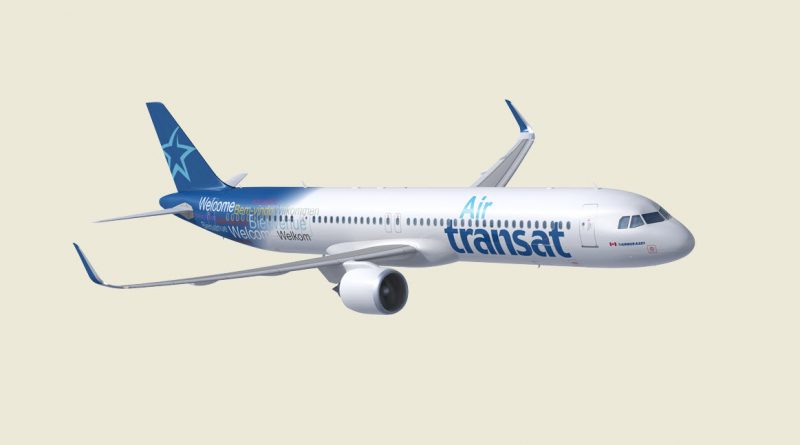Air transat will take 7 more brand new A321NEO
Changes to Air Transat’s fleet – Carrier signs agreement to lease seven new Airbus A321neos
MONTREAL, June 27, 2018 /CNW Telbec/ – Air Transat, wholly-owned business unit of Transat A.T. Inc., has signed an agreement with AerCap for the long-term lease of seven new Airbus aircraft: two A321neos and five A321neo LRs (long-range). These next-generation, single-aisle jets, which will be delivered gradually between 2020 and 2022, will notably replace wide-body A330s whose leases will expire during this period.
“We are continuing our fleet transformation in order to achieve greater efficiency and versatility,” said Jean-François Lemay, President of Air Transat. “With their smaller size, the A321neos will enable us to implement our air strategy, which involves increasing our flight frequencies, expanding our network and strengthening our position in several markets. The goal: continue to provide our customers with comfortable service at the best possible price.”
With 199 seats in a two-class configuration, the A321neo will be used for feeder flights and service to the South (short- and medium-haul) while the long-range version (A321neo LR) will be deployed for Sun and transatlantic destinations (medium- and long-haul). These aircraft will be added to the 10 new A321neo LRs, on lease from AerCap, announced in July 2017, which will gradually be introduced to Air Transat’s fleet starting in spring 2019.
While this type of aircraft has been selected to optimize the fleet, its fuel efficiency will also keep cost per seat as low as possible, while reducing its carbon footprint. Additionally, because of the cockpit commonality of the A330 and A320 (including the A321), Air Transat’s pilots will be able to fly both types of aircraft, which will result in greater operating flexibility and savings, including on training costs.
Air Transat’s fleet currently consists of 33 permanent aircraft in a unique flexible-fleet model that allows it to deploy more wide-body aircraft in summer for the high transatlantic season, and narrow-body aircraft in winter for the high Sun destinations season. By 2024, it will have an all-Airbus fleet.


